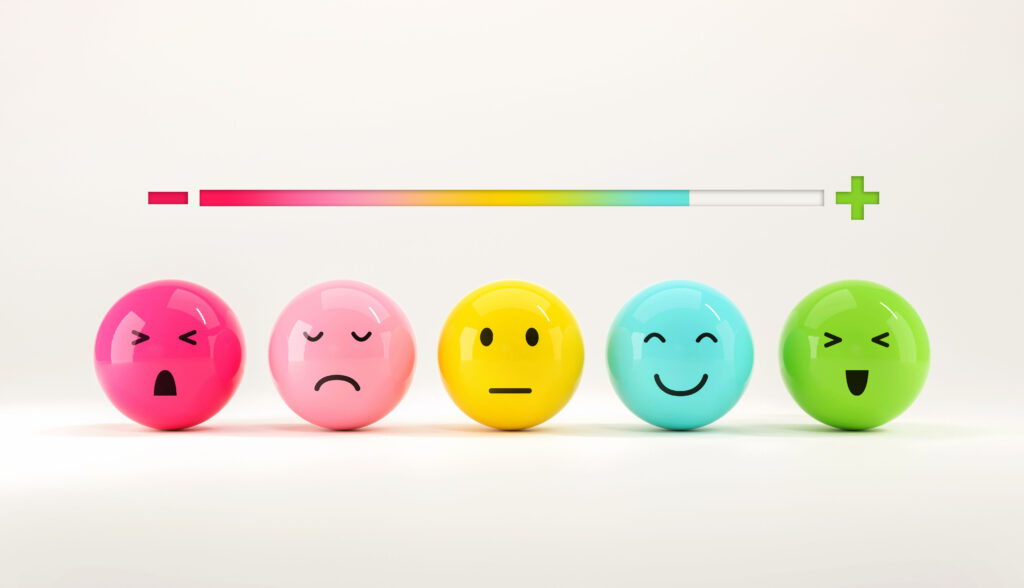 Lately, I’ve been reflecting on the practices of how principals observe and evaluate teachers. This has me wondering: How much of their time does this consume? More importantly, does it genuinely make a meaningful difference?
Lately, I’ve been reflecting on the practices of how principals observe and evaluate teachers. This has me wondering: How much of their time does this consume? More importantly, does it genuinely make a meaningful difference?
I’m particularly interested in whether these practices help create the necessary conditions for teachers to grow, fostering environments where students can truly thrive. From my research and observations, including insights from Chapter 6 of DeWitt’s *Collaborative Leadership (2017)*, it’s evident that teachers have mixed feelings about these evaluations. Some see tangible improvements in their teaching, while others view the process as just another procedural hoop to jump through.
Consider a story from one of my students: During an observation, her effective use of group work was dismissed by her supervisor, who offhandedly remarked, “Let me know when you’re actually teaching.” This not only is disheartening but also highlights a significant disparity in understanding what effective teaching looks like across evaluators.
However, it’s crucial not to generalize all evaluations as problematic. The core issue is whether these evaluations are genuinely fostering a culture of growth and professionalism among teachers. I have specific reservations about the feedback process, where even well-intentioned praise can inadvertently maintain a hierarchy, placing the evaluator as an authority rather than a collaborator. Contrast “I loved that you did X” with “I noticed when you did X, the students responded Y.” The latter approach fosters a dialogue, encouraging a deep dive into what works without an undercurrent of judgment.
This issue has been on my mind, especially after teaching a unit on supervision in my instructional leadership class. Striking the right balance between quality assurance and creating an environment where teachers feel empowered to innovate is delicate yet critical.
Principals have a daunting task: ensuring high-quality instruction that leads to meaningful student learning, all while fostering a professional community. The current observation and evaluation models may not be the most effective means to achieve these goals.
The emergence of instructional coaches represents a positive step toward recognizing the need for more nuanced support structures. But is this enough to shift the needle towards genuine professional growth and community building among educators?
I’m eager to hear from others in the field. Have you encountered systems where the balance between accountability and professional growth is well-maintained? Where observation and evaluation are seen not as threats but as opportunities? And where, perhaps, the hierarchy is flattened, and a culture of learning and growth for all is truly valued?
